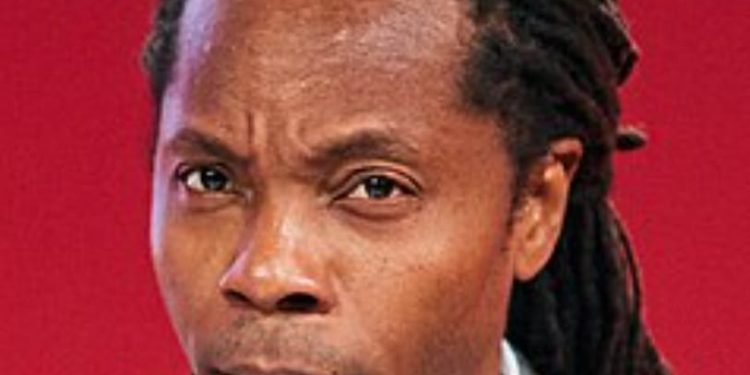By Albert David KAMARA
As Sierra Leone’s Chief Minister celebrates the government’s Radical Inclusion Strategy with persons living with disabilities, a commendable and long-overdue gesture toward equity, an unsettling contradiction looms large. While the diary of progress is being written in bold ink for one marginalized group, another is being quietly erased from the margins: the LAWYERS SOCIETY, a professional body of over 500 members, has been denied its right to register with the Corporate Affairs Commission. This is not just bureaucratic oversight, it is a legally and ethically indefensible act of exclusion.
The Radical Inclusion Strategy, hailed globally for its transformative vision, promises to dismantle barriers and foster unity across racial, ethnic, and social divides. Yet, the refusal to recognize a legitimate professional body raises a critical question: Is inclusion only radical when it is politically convenient? The selective application of inclusion principles reveals a disturbing double standard, one that undermines the very foundation of democratic governance.
This is not merely a technical dispute. It is a constitutional affront to freedom of association, professional autonomy, and civic participation. The LAWYERS SOCIETY, composed of legal minds committed to justice and accountability, represents a vital pillar of democratic discourse. To silence, intimidate, and harass such a body is to oppress independent thought and dissenting voices, a tactic more befitting autocracy than a republic.
The implications are grave. When a government celebrates inclusion while simultaneously excluding critical voices, it engages in performative governance, a façade of progress masking a reality of repression. This hypocrisy corrodes public trust and fosters divisive governance that takes the nation nowhere. It signals to citizens and observers alike that inclusion is not a right, but a privilege granted at the discretion of power.
Moreover, the legal opacity surrounding the Corporate Affairs Commission’s refusal to register the LAWYERS SOCIETY raises serious questions about transparency and accountability. What criteria were used? Who made the decision? Was there due process? These unanswered questions point to a systemic failure of ethical governance, where rules are bent to suppress rather than support civic engagement.
If Sierra Leone is to truly embody the spirit of radical inclusion, it must extend that spirit to all groups, especially those whose voices challenge the status quo. Inclusion must be universal, principled, and consistent, not selective, politicized, or weaponized. Until the LAWYERS SOCIETY and other excluded bodies are afforded their rightful place in the national discourse, celebrations of inclusion remain hollow.
The path forward demands radical professionalism, intellectual honesty, and democratic courage. Inclusion must not be a slogan, it must be a standard. Only then can Sierra Leone rise as a nation where every voice matters, and every citizen belongs.













